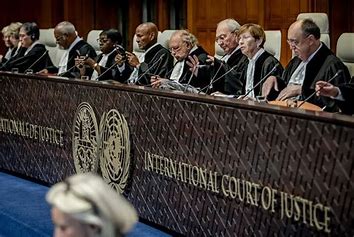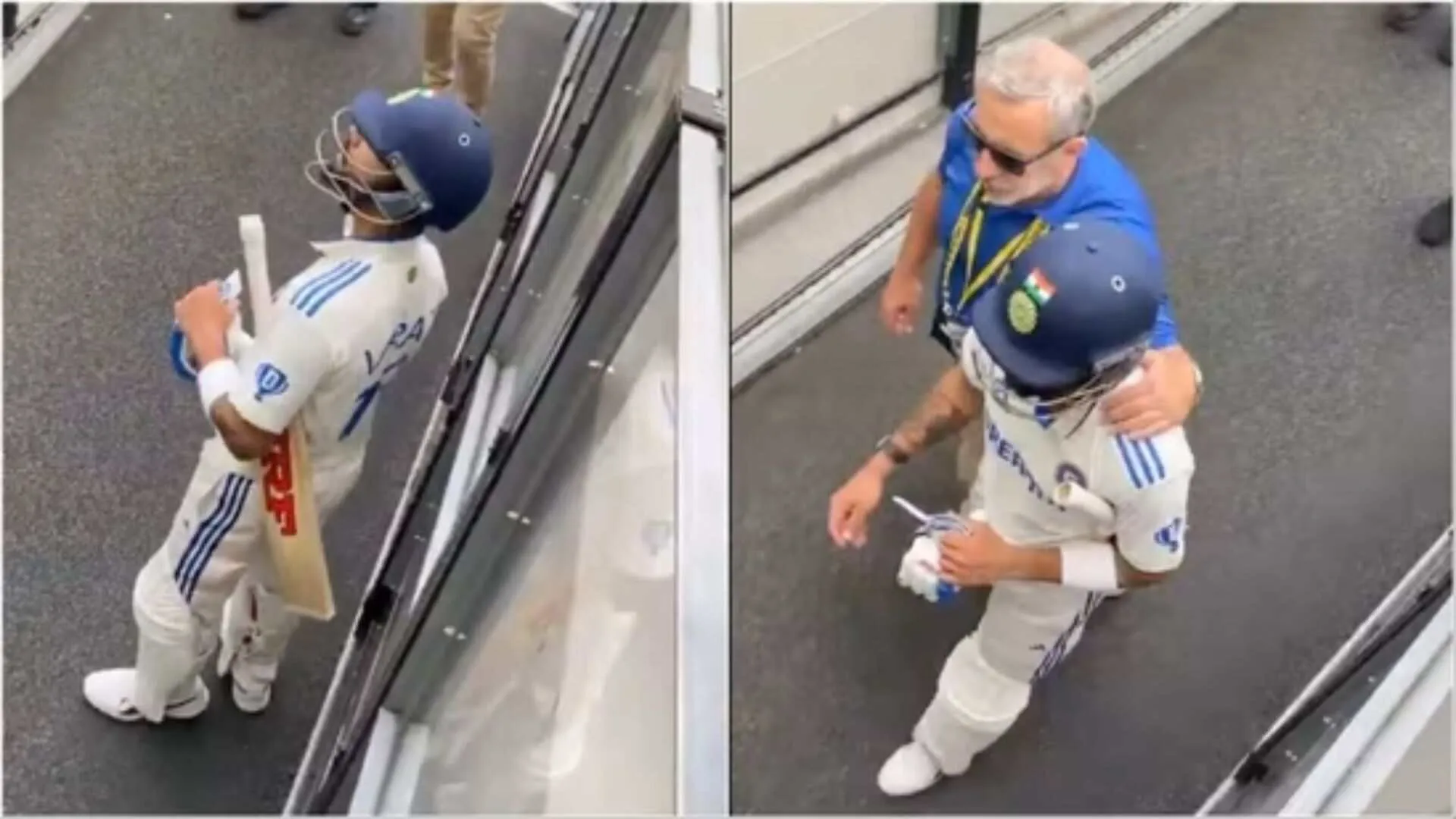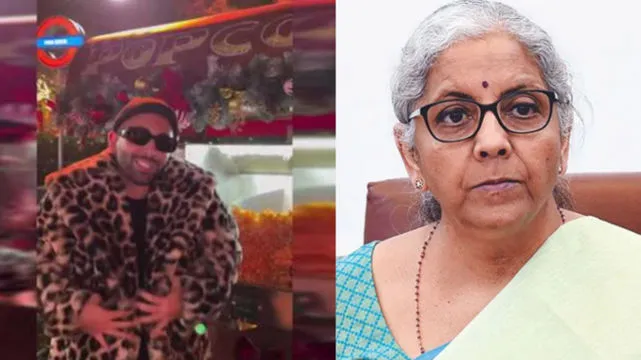The International Criminal Court (ICC) has made headlines with its arrest warrants for several high-profile figures, including Israel’s Prime Minister Benjamin Netanyahu, former defense minister Yoav Gallant, and Hamas’s military chief Mohammed Deif. These warrants represent a significant but challenging step for the ICC, which has struggled for 22 years with limited recognition and enforcement capabilities.
Despite being backed by 124 member states, the ICC relies on nations to execute arrest warrants. However, countries like Russia, the United States, Israel, and China refuse to recognize the ICC’s jurisdiction, complicating the court’s efforts to apprehend suspects.
ICC’s Historic Warrants and the Challenges Ahead
Since its inception in 2002, the ICC has launched 32 cases involving war crimes, crimes against humanity, and genocide. Yet, despite issuing 56 arrest warrants, only 21 have been executed. With no police force of its own, the court faces immense challenges in catching these suspects.
“Without cooperation from member states, it’s difficult to make progress,” says former ICC adviser Pascal Turlan. Political interference, witness intimidation, and national resistance to handing over suspects are just some of the hurdles that have slowed justice.
High-Profile Cases and Limited Convictions
Among the most notable ICC cases are those against Russian President Vladimir Putin and Ugandan warlord Joseph Kony. However, the low conviction rate remains a concern, with only 12 guilty verdicts since the court’s creation. The ICC has been criticized for its challenges in securing convictions, particularly when powerful nations defy its authority.
Can Arrest Warrants Serve as a Deterrent?
While the chances of Netanyahu, Deif, or Gallant facing trial in the near future are slim, their arrest warrants send a strong signal. Some experts argue that even if convictions are unlikely in the short term, the ICC’s actions serve as a moral stand against impunity.
“The ICC’s pursuit of justice is about doing what’s right,” says legal expert Nancy Combs. “It may not have immediate effects, but it sends a clear message to the world about accountability.”























